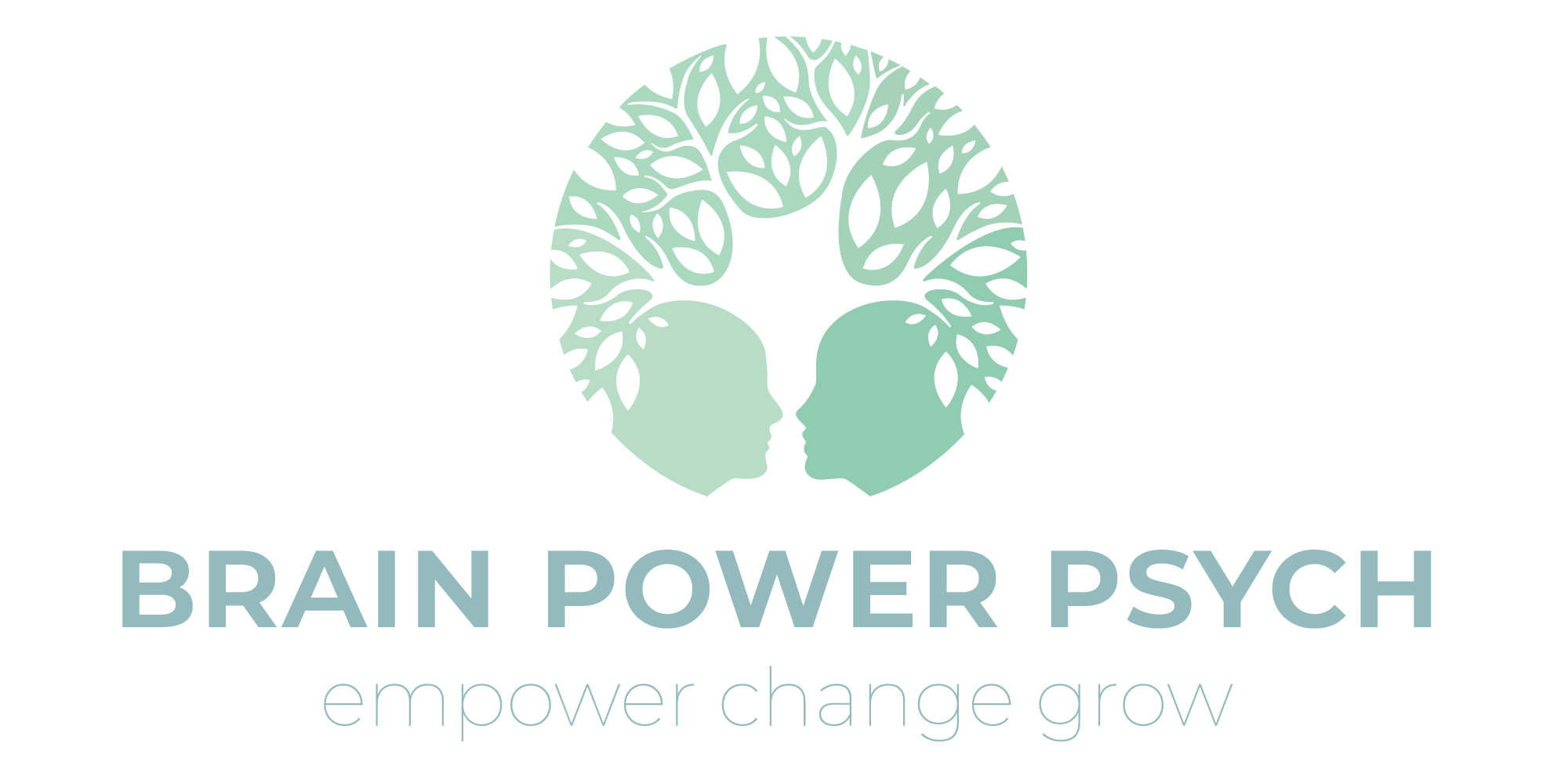Mental health conditions are what countless individuals suffer daily that goes unnoticed. Depression, anxiety, and other mental health issues, the ones that do not exhibit noticeable signs or symptoms are among millions of Americans. People living with an invisible condition are suffering alone which is barrier to prevention.
The office of Brain Power Psychology is dedicated to bring awareness by increasing access to behavioral health services by creating a collaborative approach to prevention and overall reduce stigma. Please take note that suicide does not occur without warning. There are often indicators, but they can be subtle or not so easily recognized. Being informed of these warning signs is crucial in being responsive when someone may be at risk or is in need of additional support.
September is Suicide Prevention Month, which raises awareness and encourage purposeful dialogue surrounding concepts of mental health, which can be difficult to bring up. Let us all come together to support individuals and families by learning how to identify the warning signs of suicide and providing the care needed to stop such tragedies.
Common Warning Signs of Suicide
Loss of Interest in Life: A sharp decline in interest in things the person once enjoyed, such as hobbies, work, or relationships, can be a sign. This, along with a noticeable decline in self-care or personal appearance, is a red flag.
Talking about Death or Self-Harm: Individuals at risk may frequently speak about death, dying, or suicide. This could include phrases like ‘I wish I were dead’ or ‘People would be better off without me.’ Even indirect comments like, I just can’t take it anymore, should not be taken lightly.
Withdrawal from Loved Ones: Isolation is one of the most common sign to see. When a person begins distancing themselves from friends, co-workers, family, and other social gatherings, it may be a characteristic of emotional distress. Being withdrawal can be displayed as physical, such as avoiding activities, or emotional, where they become uncommunicative or detached from their typical ways of interacting.
Changes in Behavior or Mood: Another common sign is major shifts in overall mood such as extreme sadness, irritability, or being indifferent can indicate further emotional issues. Certain behaviors like giving away personal belongings or misuse of substance might suggest that someone is thinking of suicide.
Increased Feelings of Hopelessness: When someone expresses feeling stuck, without purpose, or believes that their situation will never progress, can increase the risk for suicide. Paying close attention to expressions of hopelessness or helplessness, as these are strong indicators of suicidal actions.
How You Can Help
If you notice these signs in someone, don t hesitate to reach out. Ask them how they are feeling and encourage them to seek professional help. By raising awareness and fostering open dialogue, we can save lives. If you or someone you know is struggling contact the National Suicide Prevention Lifeline (988) for immediate support.
Other Resources to Help
LA County Department of Mental Health Access Center (1-800-854-7771)
Trevor Project Lifeline 1-800-788-7386
LA County Crisis Text Line: Text “LA” to 741741
LA County Substance Abuse Hotline (1-844-804-7500)
